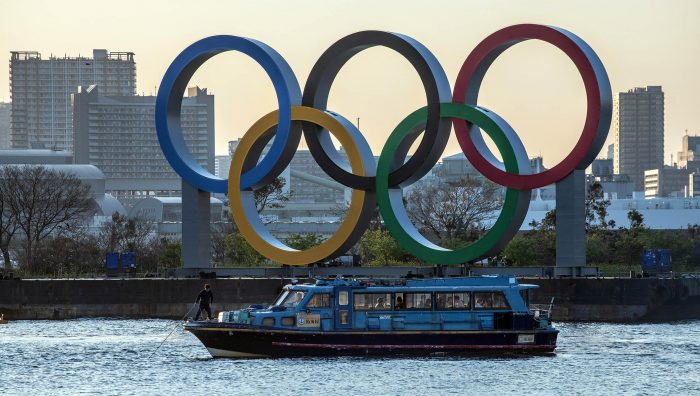The Mega Event Fund is a great idea. Sadly, the committee overseeing the fund is stuck between a rock and a hard place. They have a large amount of money for event producers, yet the rules and regulations are as such most events cannot qualify.
Since the row over Harbourfest in 2003 (which happened to be a great event) the media and the public are very critical of public money being spent on live events. This creates a difficult scenario for the MEF committee whose mission is to make Hong Kong “The Events Capital”. When they do go out to support a major event even one as popular as when Manchester United came to play a friendly against local side Kitchee FC, they get blasted because there are not enough tickets for the public, or questioned as to why taxpayer money should go to appearance fees for millionaire footballers?
Event capital
In 2005 I organised “Eventworks”, a half-day seminar for the event community. As part of the programme we had and esteemed panel of speakers discussing “The Future of Events in Hong Kong”, our panel included the head of PR from the Hong Kong Convention and Exhibition Centre, head of technical production for Jack Morton Worldwide and the Assistant Commissioner for Tourism. During the discussion it was announced that the government would be creating a fund to enhance the event capabilities in Hong Kong. Over the next month the Mega Events Fund was rolled out and the board assigned with the task of doling out the fund was chosen. As the details of the fund emerged and how the money was to be allocated the excitement quickly abated. It was apparent from the beginning the fund would only be useful to the non-profit groups organising events solely for the public, mostly local community-based events, and had nothing “mega” about them.
Balls of tofu
I watched as The Fund limp along for a couple of years, supporting dragon boat festivals, lion dances and other “community events” with the occasional tagline along the bottom of a PVC banner. Another wonderful idea made impotent by bureaucrats frightened to alienate any small sector of the reactionary tongue-lashing public.
I imagined the initial conversation within the government offices:
“Events are a major part of an international city; Hong Kong needs more events. Why don’t we create a fund that event managers can go to help them create spectacular events that will make Hong Kong an event capital of Asia!"
“Great idea! Let’s do it!”
"But what if the events are really successful and people make money from it?"
“Hmm… you’re right, we can’t look like we are favouring any one sector or people will complain.”
“Unless they are the property or shipping sector.”
They all laugh uncomfortably …
The consultant cometh
So a couple years go by and they can’t give the money away. So they come up with a two-tier system allowing for profit-making events and a profit-share deal with the government. At the same time, in order to identify possible events they could partner with, the MEF commissioned a consultant, a longtime friend of the government with enormous experience in the construction industry.
Although the consultant was very eager to learn, to listen and open to ideas, and listened to my presentation, the mandate was to “identify potential mega events that could be brought to Hong Kong”. This is where it becomes apparent that the committee lacks knowledge about the nature of events (they only have one full-time event pro and the rest are career civil servants, PR pros, hoteliers and accountants).
Although there are some events that can be transplanted (such as global sports), mega events that can move are few and far between. Events by their nature are intrinsically tied to the community and the locale in which they were born. Events belong to the participants. Events are gatherings of people that share a common bond; these bonds are organic in their growth and require a fertile ground to grow.
Solutions
Sadly the requirements for the Tier 1 applications of the fund are set at such a level that they must attract a large numbers of overseas visitors. So only large legacy events are really eligible. No one realised that these types of events are already self-sufficient and have no need for this type of government assistance. Or, they have deep roots in their present location and are “untransplantable”.
In order for the Mega Events Fund to be successful, it needs to act like a real investment fund. It needs to take risks with small startups in our community and to help these small but eager event managers to create unique Hong Kong events. The civil servants on the MEF board should use their influence to smooth pathways of permission to allow unique, unused and undiscovered venues to be used. Help to sway the powers that be to try to creative untested ideas. This will draw people from around the world to our diverse and creative city. Then the Mega Events Fund will succeed in making Hong Kong the “Events Capital of Asia”.
Robert Rogers CSEP (Certified Special Events Professional) runs Eventsman in Hong Kong. A version of this article first appeared on Robert's website


